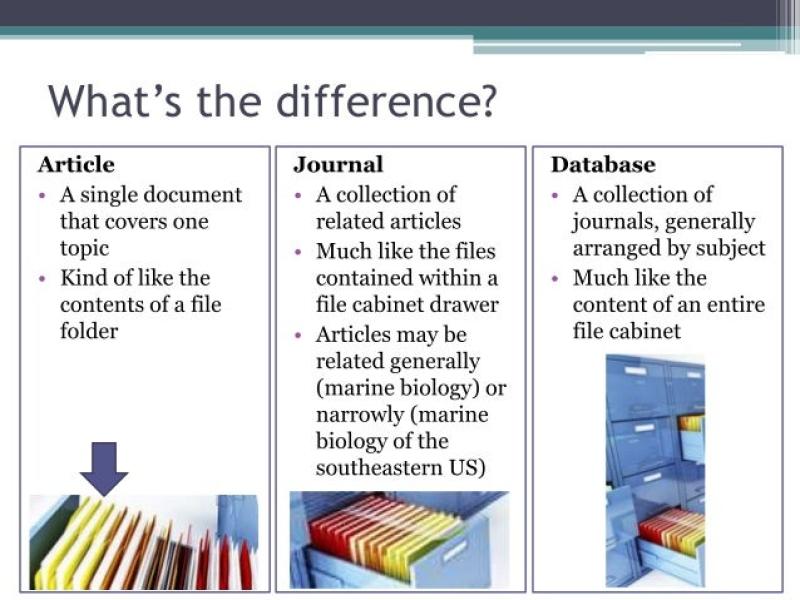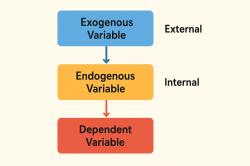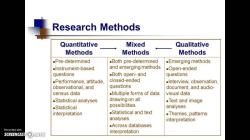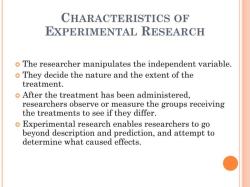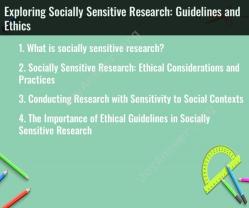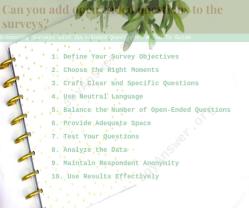How to find journals?
Finding journals for research and reading involves several methods and resources to locate academic and scholarly articles. Here's a guide to help you find journals effectively:
Library Databases:
- University and public libraries often provide access to a wide range of academic databases. These databases, such as PubMed, JSTOR, Scopus, and ProQuest, contain a vast collection of journals across various disciplines.
Library Catalogs:
- Library catalogs can help you find journals that are available in print or electronically at your local library. You can search by title, author, or subject.
Online Search Engines:
- General search engines like Google Scholar can be useful for finding journals. You can use advanced search options to narrow down results to scholarly articles. Keep in mind that not all articles may be freely accessible.
Academic Search Engines:
- Dedicated academic search engines, such as Microsoft Academic, BASE, and CiteSeerX, can help you find journals, conference papers, and other academic materials.
Publisher Websites:
- Many journals are hosted on the websites of their publishers. You can search directly on these sites for specific journals or articles.
Academic Social Networks:
- Websites like ResearchGate and Academia.edu often host research articles and journals. You can search and access some papers for free.
Open Access Repositories:
- Websites like arXiv, SSRN, and institutional repositories of universities and research institutions provide free access to a wide range of scholarly articles.
Bibliographic Databases:
- Databases like the Directory of Open Access Journals (DOAJ) and the Web of Science can help you find journals that are freely accessible online.
Interlibrary Loan:
- If a journal is not available at your local library, you can request it through interlibrary loan services, which allow you to borrow materials from other libraries.
Ask Your Professors and Librarians:
- Professors and academic librarians can provide guidance and recommendations for finding journals related to your research topic.
Reference Lists and Citations:
- When you find a relevant article, check its reference list for other sources. You can also use citation databases like Google Scholar to see who has cited a specific article, leading you to related research.
Abstracting and Indexing Services:
- Some journals are indexed in abstracting and indexing services like Chemical Abstracts, ERIC, or PsycINFO. These services can help you discover articles in specific subject areas.
Online Research Communities:
- Participating in online research communities, forums, and discussion groups can lead to recommendations and discussions about relevant journals and articles.
RSS Feeds and Alerts:
- Set up RSS feeds or email alerts for specific keywords, authors, or journals to stay updated on newly published articles.
Academic Societies and Associations:
- Many academic societies and associations have their own journals. Visit their websites or consult with members to access relevant publications.
When searching for journals, it's important to consider the quality and credibility of the source. Peer-reviewed journals are generally more reliable, as articles undergo a rigorous review process by experts in the field. Always check the publication date of the articles you find to ensure you're accessing the most current research. Additionally, be mindful of any copyright or licensing restrictions associated with accessing and using journal articles.
Finding Journals: Methods and Resources for Researchers
In the realm of academic research, journals serve as crucial repositories of knowledge, disseminating cutting-edge findings and fostering intellectual discourse. Identifying relevant journals in your field of study is essential for staying abreast of current developments and conducting comprehensive research. Here, we explore effective methods and resources for locating journals in your area of interest.
Search Engines:
Google Scholar: A specialized search engine tailored for academic research, Google Scholar indexes scholarly literature from a vast array of disciplines.
Academic Search Complete (EBSCOhost): A comprehensive academic database covering a wide range of subjects, Academic Search Complete provides access to peer-reviewed journals, books, and other scholarly resources.
JSTOR: A digital library of academic journals, books, and primary sources, JSTOR offers access to a vast collection of scholarly literature across various disciplines.
Directory of Open Access Journals (DOAJ):
A multidisciplinary, community-curated directory, the DOAJ indexes and provides access to high-quality, open-access scholarly journals.
Subject-Specific Databases:
Numerous subject-specific databases cater to specialized fields of research, offering access to peer-reviewed journals and other relevant resources.
Institutional Repositories:
Many universities and research institutions maintain repositories of their own faculty's research output, including journal articles and other publications.
Conference Proceedings:
Conference proceedings often contain early-stage research findings and can provide insights into emerging trends in your field.
Techniques for Locating Journals in Your Area of Interest
To effectively locate journals in your area of interest, consider these techniques:
Keyword Search: Utilize relevant keywords related to your research topic to search within academic databases and search engines.
Browse by Subject: Explore subject-specific categories within databases to discover relevant journals in your field.
Check References: Review the reference lists of relevant articles to identify additional journals in your area of interest.
Consult Librarians: Experienced librarians can provide valuable guidance and assistance in locating journals and other research resources.
Utilize Academic Networks: Engage with colleagues and peers in your field to exchange recommendations and discover new journals.
Navigating the World of Academic Journals
Navigating the vast world of academic journals requires a strategic approach:
Identify Journal Impact: Consider the impact factor and reputation of journals to assess their standing in your field.
Evaluate Journal Quality: Assess the quality of journals by reviewing the editorial board, reviewer expertise, and publication standards.
Consider Accessibility: Determine whether journals are open-access or require subscription access.
Understand Submission Guidelines: Familiarize yourself with the submission guidelines and requirements of each journal before submitting your work.
Utilize Journal Websites: Explore journal websites to access back issues, author guidelines, and submission portals.
